

Ähnliche Artikel


Broschiertes Buch
22. April 2018
Independently Published
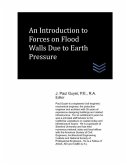
Broschiertes Buch
4. September 2018
Independently Published

Broschiertes Buch
3. September 2018
Independently Published
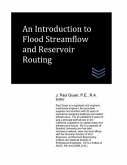
Broschiertes Buch
30. Juli 2018
Amazon Digital Services LLC - Kdp
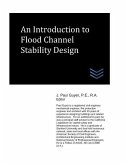
Broschiertes Buch
6. August 2018
Amazon Digital Services LLC - KDP Print US
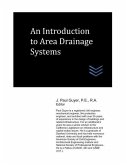
Broschiertes Buch
21. Januar 2018
Amazon Digital Services LLC - Kdp
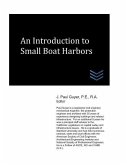
Broschiertes Buch
3. September 2018
Amazon Digital Services LLC - Kdp
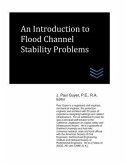
Broschiertes Buch
28. Juni 2018
Amazon Digital Services LLC - KDP Print US

Broschiertes Buch
1. August 2018
Amazon Digital Services LLC - Kdp
Ähnlichkeitssuche: Fact®Finder von OMIKRON
